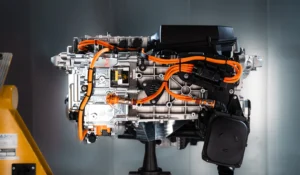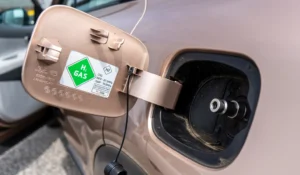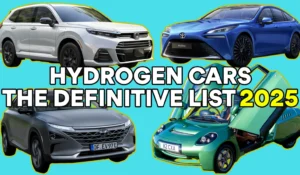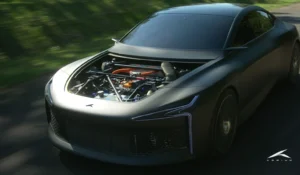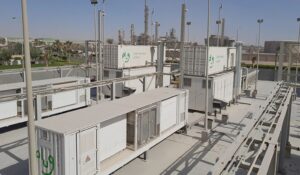European Commission approves €6.9billion state aid for major hydrogen infrastructure project
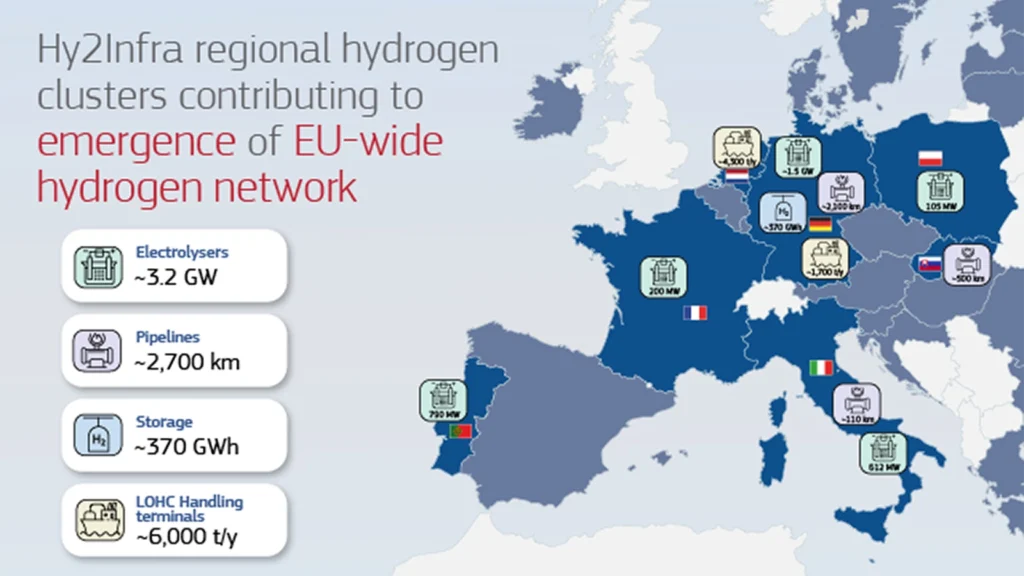
The European Commission (EU) has approved up to €6.9billion of state aid for the “IPCEI Hy2Infra” hydrogen project.
In a significant move towards achieving the objectives of the European Green Deal and the REPowerEU Plan, the European Commission has approved up to €6.9 billion of State aid for the “IPCEI Hy2Infra” project.
This ambitious initiative, jointly prepared by France, Germany, Italy, the Netherlands, Poland, Portugal, and Slovakia, aims to bolster the hydrogen value chain across Europe.
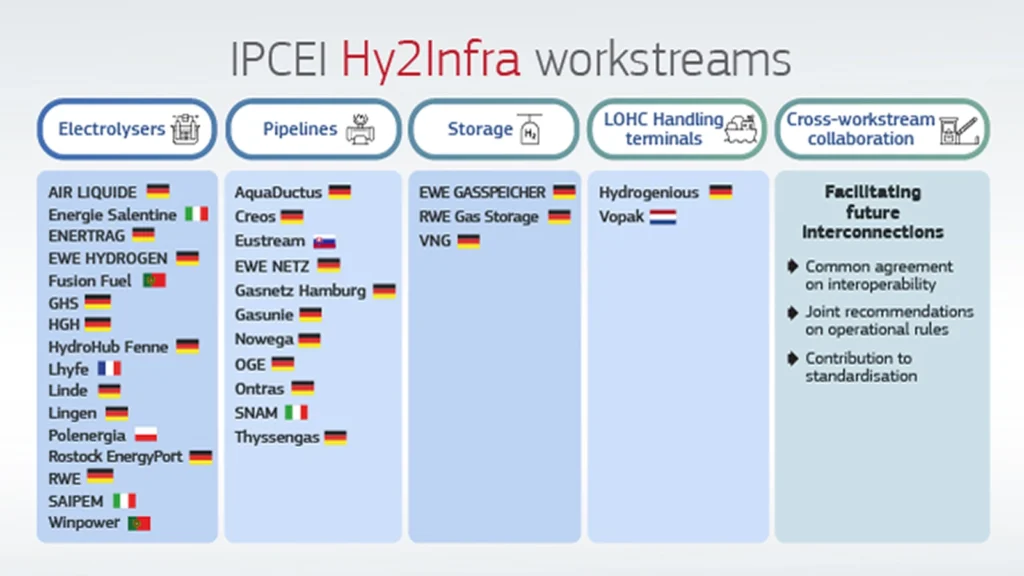
Key highlights of IPCEI Hy2Infra
Major investments in hydrogen infrastructure:
The project will deploy 3.2 GW of large-scale electrolysers to produce renewable hydrogen, create approximately 2,700 km of hydrogen transmission and distribution pipelines.
It will also develop large-scale hydrogen storage facilities with a capacity of at least 370 GWh, and build handling terminals and related port infrastructure for liquid organic hydrogen carriers (LOHC) to manage 6,000 tonnes of hydrogen annually.
Collaboration and innovation
Thirty two companies, including five SMEs, will participate in 33 projects under this IPCEI, collaborating on interoperability and common standards to facilitate future market integration.
This will ensure the gradual emergence of an EU-wide hydrogen infrastructure starting from different regional clusters.
Economic and environmental impact
The €6.9billion in public funding is expected to unlock an additional €5.4billion in private investments.
This project aims to decarbonise economic sectors reliant on hydrogen, enhance competitiveness, and create jobs.
Commissioner Thierry Breton said: “It provides industries with more options to decarbonise their activities while boosting their competitiveness and creating jobs.”
Timeline and future developments
Several projects are slated for implementation in the near future, with large-scale electrolysers expected to be operational between 2026 and 2028, and pipelines between 2027 and 2029.
The overall completion of projects is planned for 2029.
Margrethe Vestager, Executive Vice-President in charge of competition policy, said: “While the renewable hydrogen supply chain in Europe is still in a nascent phase, Hy2Infra will deploy the initial building blocks of an integrated and open renewable hydrogen network.
“This will support the market ramp-up of renewable hydrogen supply and take us steps closer to making Europe the first climate-neutral continent by 2050.”
Towards a sustainable future
This approval marks the third Important Project of Common European Interest (IPCEI) supporting the hydrogen value chain, complementing previous projects focused on hydrogen technologies and applications.
The IPCEI Hy2Infra will lay the groundwork for a robust and integrated hydrogen infrastructure, crucial for Europe’s transition to renewable energy and climate neutrality.

